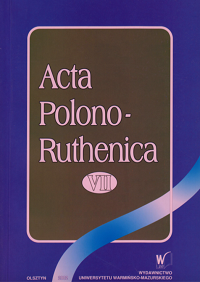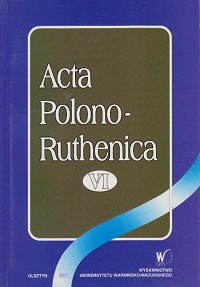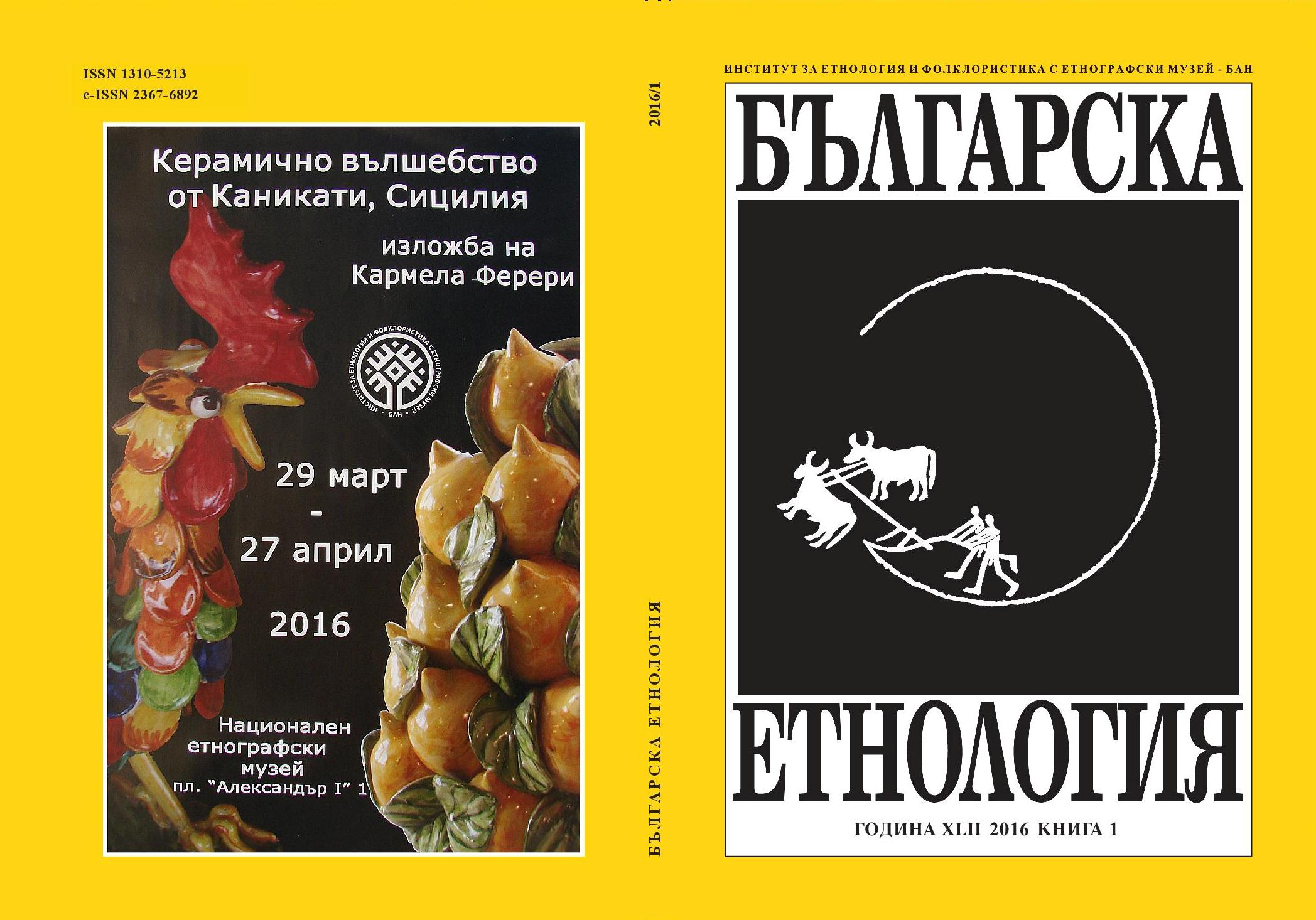
We kindly inform you that, as long as the subject affiliation of our 300.000+ articles is in progress, you might get unsufficient or no results on your third level or second level search. In this case, please broaden your search criteria.

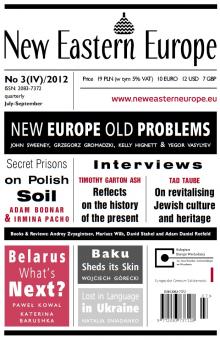
Traditionally, Russian Orthodoxy has been associated with being a rigid structure. Today, however, its members are far from what we could call a monolith.
More...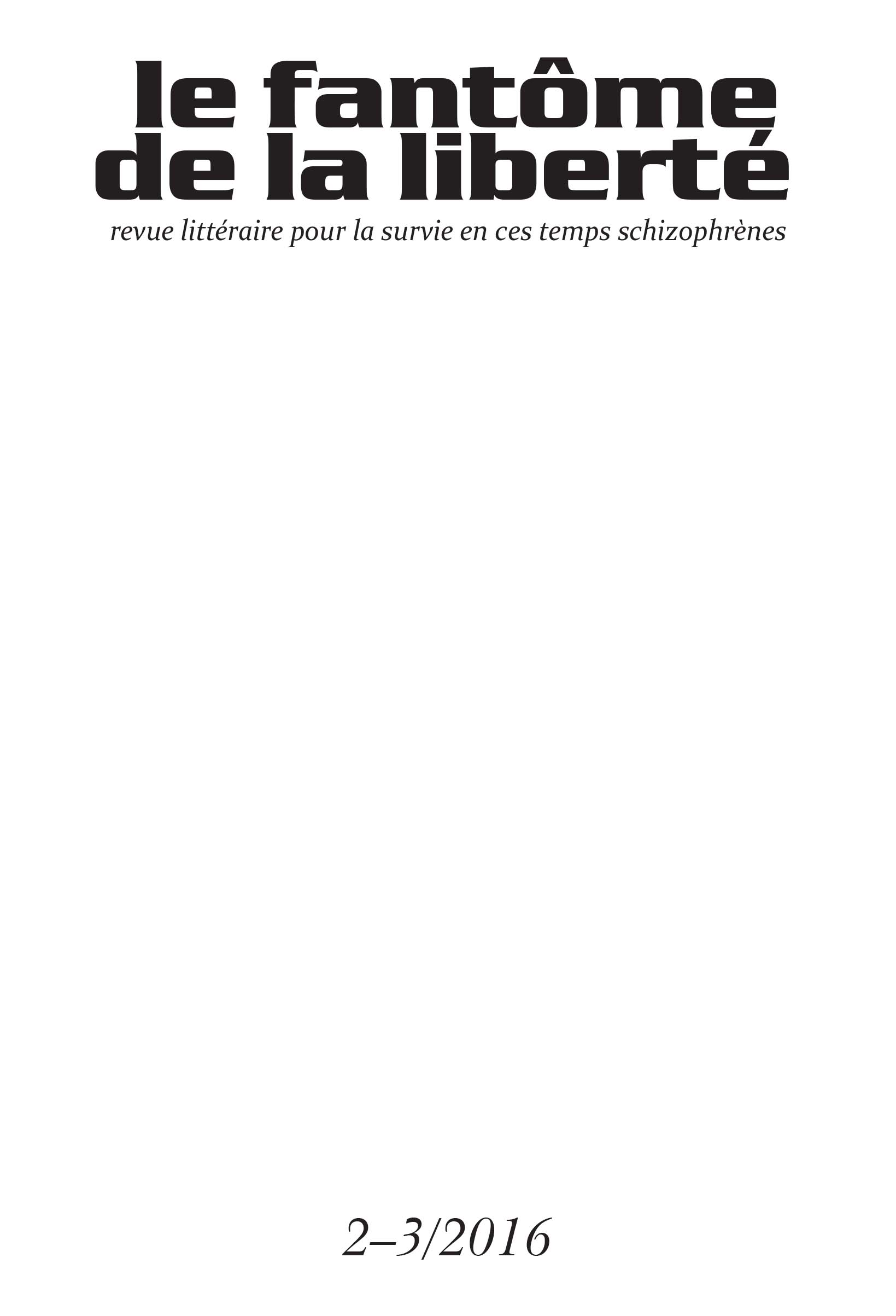
Je m’entretiendrai ici du romantisme, du besoin de se moquer sans fin et de ce que j’entends quand je dis : le travail est une honte. Comme j’aimerais être bref et compris par tous ! Mon intention est de faire le portrait d’un homme romantique qui possède toute la lenteur de l’Est et la sensibilité maladive de l’Ouest. Le contraste est dépassé et je ne dis pas cela en opposition au type patriarcal ou macho de la psychologie masculine. Il s’agit d’autre chose. À faire un discours objectif, je gagnerais la connaissance mais perdrais l’âme des choses. La vie n’est pas à considérer ou comprendre objectivement. Comprendre, c’est rester en dehors des choses. « C’est ce que Méphisto avait offert à Faust, c’est ce que Satan agite devant les yeux du monde des hommes. Le pouvoir au détriment de la réalité. »
More...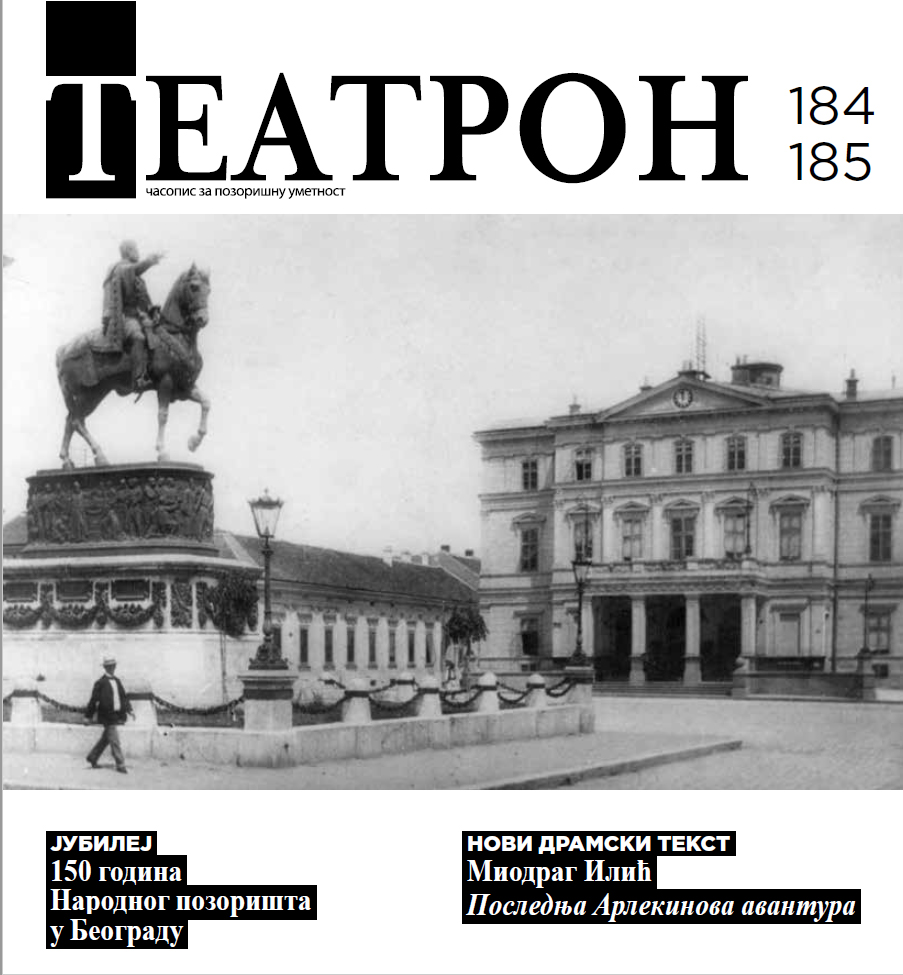
Бурна историја српског народа утицала је и на позоришни живот наше престонице и на рад њене националне позоришне куће, Народног позоришта у Београду. Први светски рат био је први историјски догађај који је довео до стагнације развоја позоришне уметности код нас и до прекида континуитета његовог развоја у оквиру Народног позоришта у Београду. Може се рећи да је ово био и најтрауматичнији историјски период Народног позоришта јер није радило током целог рата, за разлику од периода Другог светског рата када су све време даване представе.
More...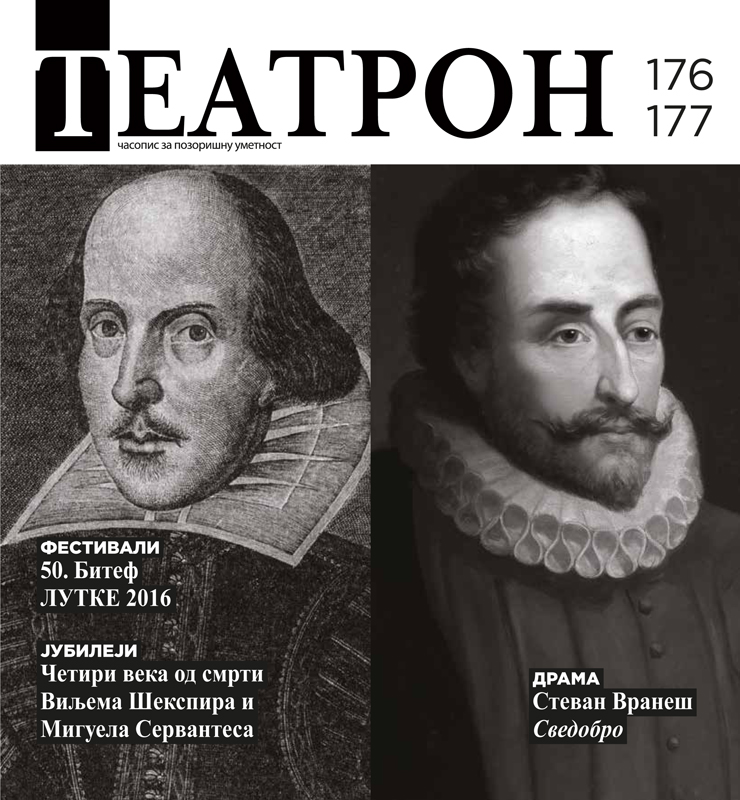
Током 2016. године Музеј позоришне уметности Србије у Београду посветио је изложбе великанима српског глумишта Властимиру Ђузи Стојиљковићу, Неди Спасојевић и Петру Краљу. Поред поменутих изложби, Музеј је поставио и прву виртуелну музејску поставку посвећену позоришној глумици Зорки Тодосић, која је настала поводом обележавања 80 година од смрти славне уметнице.
More...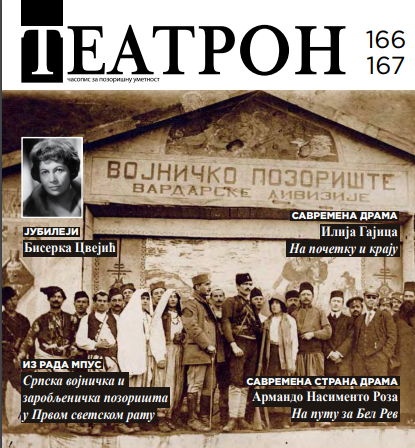
Музеј позоришне уметности Србије придружио се обележавању стогодишњице од избијања Првог светског рата изложбом Српска војничка и заробљеничка позоришта у Првом светском рату. Изложбу је свечано отворио драмски писац, академик Душан Ковачевић, а у програму је, поред ауторке изложбе и каталога Олге Марковић, учествовала и драмска уметница Горица Поповић.
More...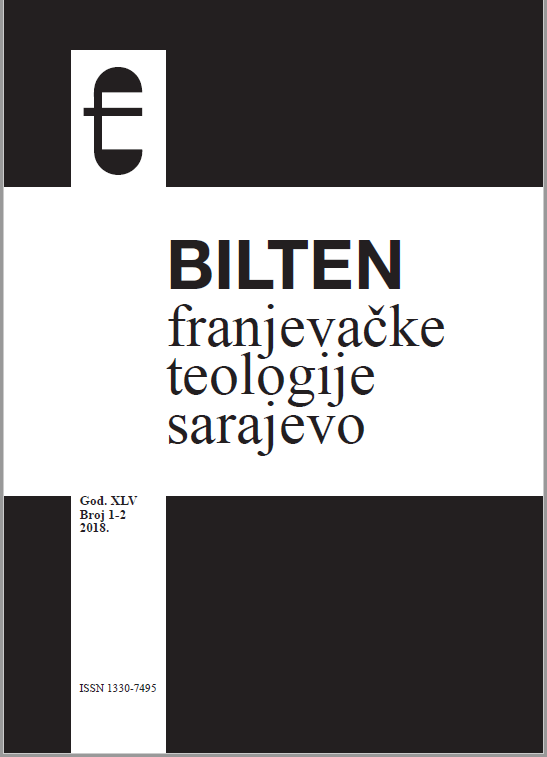
Pjevački zbor bogoslova Franjevačke teologije Fra Nenad Dujić akademsku godinu 2017/2018. započeo je 3. listopada nastupom na svečanom prijemu u povodu proslave svetkovine sv. Franje Asiškog u Provincijalatu Bosne Srebrene na Kovačićima. Istog dana zbor je svojim pjevanjem animirao Obred preminuća svetog Franje u oratoriju sv. Pavla na Nedžarićima.
More...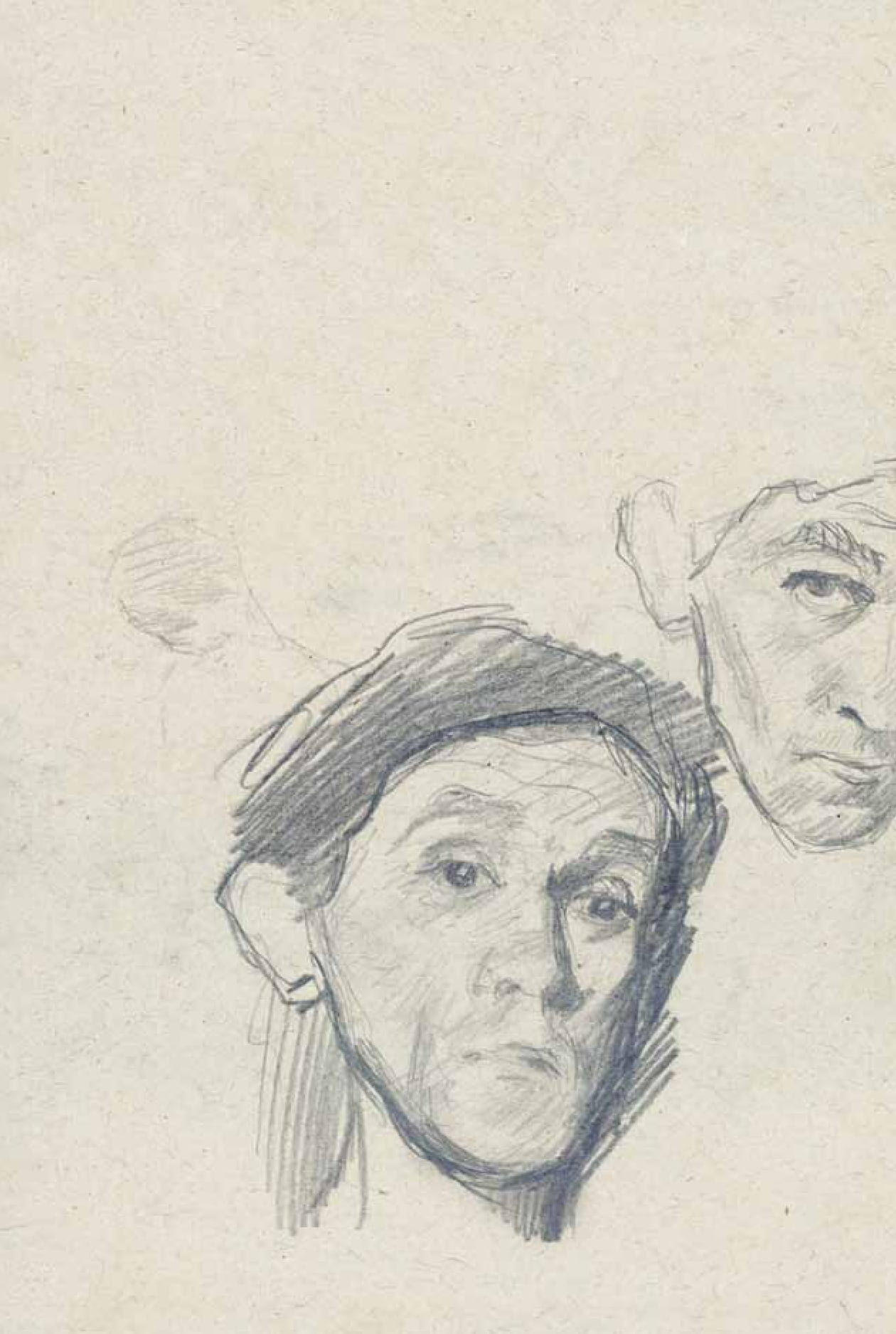
When in 1947 Pierre Klossowski called the Marquis de Sade his „neighbor,” in fact he did it on behalf of an entire generation of French intellectuals, writers, and artists, for whom the „divine Marquis” became emblematic both as a source of philosophical inspiration, and as an existential figure. Soon the author of 120 Days of Sodom would be taken into consideration by Bataille, Blanchot, Camus, and de Beauvoir, and then by Barthes, Ricoeur, Lacan, Deleuze, and Kristeva, to mention only the French. Now, after several decades, it is clear that the twentieth-century humanities made his writings one of their permanent points of reference, either negative, or positive. Therefore, Sade became a neighbor of every one of them. Still, Klossowski did not only mean rational and “structural” kinship when he called the author of Juliette his “neighbor.” His statement seems to have reached much deeper, at something most intimate and dark that remains beyond the pale of reason – Schulz called it the “basic capital of imagination,” the “roots of individual spirit,” the “mythic core.” Just like de Sade, Schulz has many devotees – commentators who also are his “neighbors.” Schulz Studies stem from a statement by Jerzy Ficowski, “I have found the Authentic.” He was then followed by many scholars who were similarly dazzled and seduced, ready to „engage in discoveries.” There are more and more of them nowadays, but Schulz, like the „divine Marquis” in the 20th century, has become for us, overwhelmed by the less and less intelligible and more and more grotesque reality of the 21st century, also a point of reference and an emblem of a certain intellectual and aesthetic identity. With his new materialism, non anthropocentrism, and the ethic of care, Schulz seems now a harbinger of a new paradigm of Polish culture, which is emerging under our eyes. Perhaps soon enough someone will claim on behalf of a whole generation of post-humanists: Schulz, our neighbor. Will it be true? For now, we are in abeyance, relying only on ourselves. In a trembling voice, with a premonition of something intimate and dark in ourselves, each of us repeats in his or her own name: Schulz, my neighbor.
More...
The starting point of the paper is Jacques Derrida’a reflection on the university today presented in his lecture on the „Unconditional University.” Then the author analyzes some passages from Thomas Mann’s Magic Mountain to demonstrate that the novel has been based on the picture of the university during the anti-positivist reaction. In Mann’s novel, the Sanatorium is an allegory of the University, while the protagonist, Hans Castorp, is a student seeking Mentors and the Truth. Schulz’s story, “Sanatorium under the Sign of the Hourglass,” has been interpreted as inspired by The Magic Mountain, since arguably it includes some traces of the „sanatorium – university” parallel. The paper refers also to Paweł Huelle’s novel Castorp, which tells a story of Mann’s character during a period of his studies in Gdańsk, anticipating the events described in The Magic Mountain. All the three texts – by Mann, Schulz, and Huelle – are connected by the debates characteristic of the humanities before the Great War (Mann, Huelle) and before World War II and the Holocaust (Schulz).
More...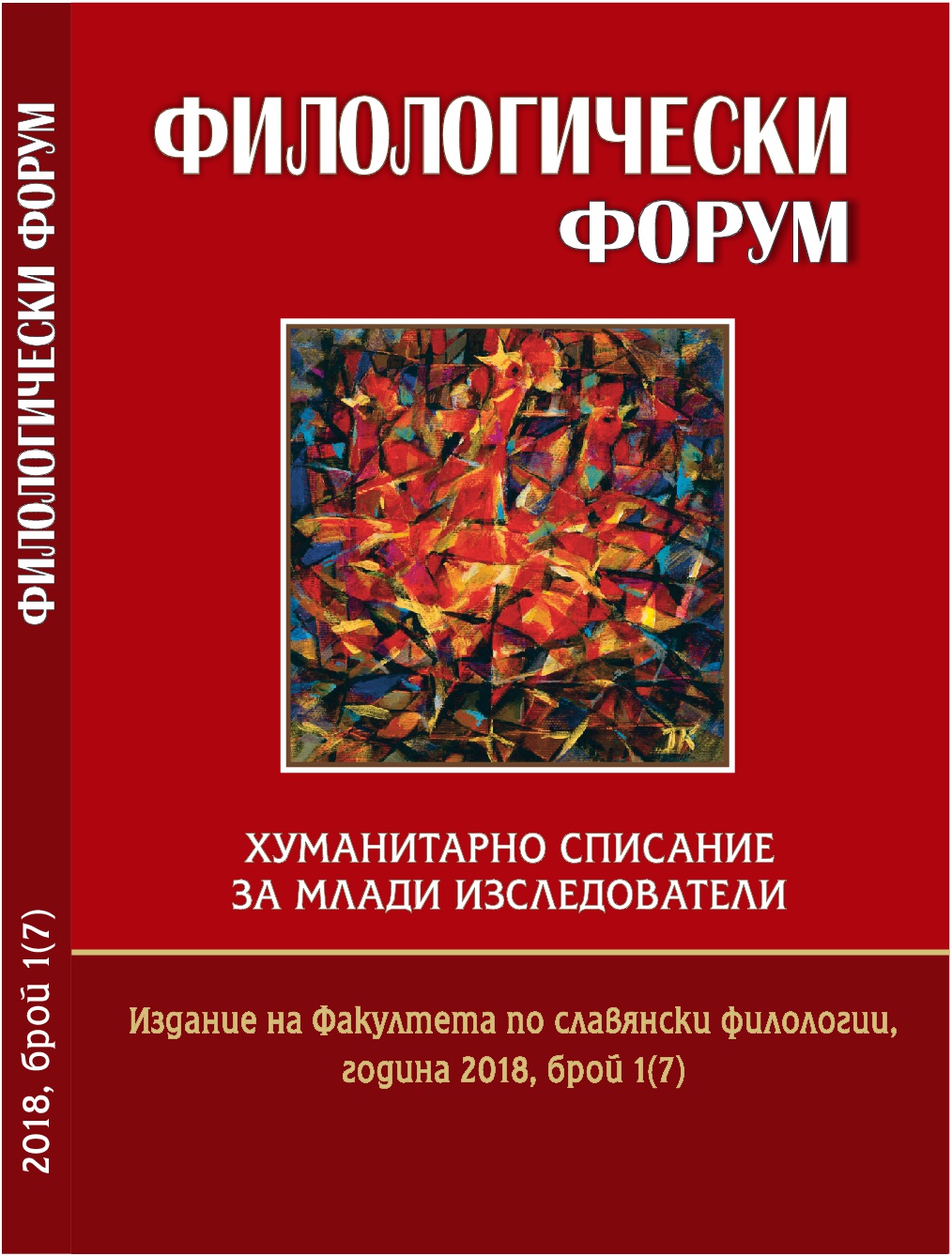
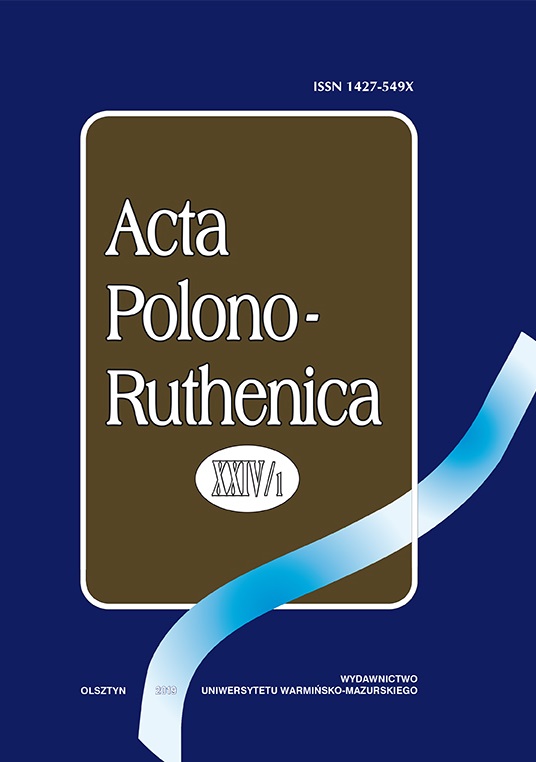
The research is dedicated to the development of Slavic idea in the Ukrainian romantic circles of adherents, namely in the secret circle, called Brotherhood of Saints Cyril and Methodius, which existed in Kyiv during 1846–1847 years. That comradeship represented its own original understanding of Slavic problems. After it was eliminated by the regime of the Russian Empire, all Slavophil movements were stopped and theirs participants were persecuted and arrested. That is why the author of the article treats 1847 as a year of arresting Kyiv’s conspirators and as a time of change in the development of Slavic ideology.
More...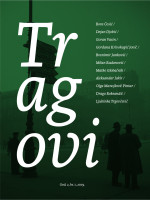
Evropske novine nisu načisto kako se zove atentator iz Sarajeva, koji potpalio je fitilj Prvog svetskog rata.1 Tako neprekidno govore da je to počinio nekakav Prinčip, iako se ovaj unezvereni mladić zvao Princip Gavrilo. Time izostavljen je minimum pažnje prema imenu na koje pada odium za onoliko ljudsko krvoproliće. To ime, međutim, za srpskog pesnika Miloša Crnjanskog, bilo je sastavljeno od imena princa i arhangela, Gabriela, pa da je Princip želeo ujedinjenje Bosne i Srbije, ali je otvoreno priznavao i to, da je to bio samo korak ka daljem cilju atentatora i njegovih drugova. / Taj cilj bila je revolucija. “Svi smo mi Bakunjinovci”, bile su reči Principa. / Ni posle rata, veli Crnjanski, Princip, u nas, nije bio omiljena tema. / Njegov akt odobravala je samo naša sirotinja i omladina. / Buržoazija nije odobravala akt Principa.
More...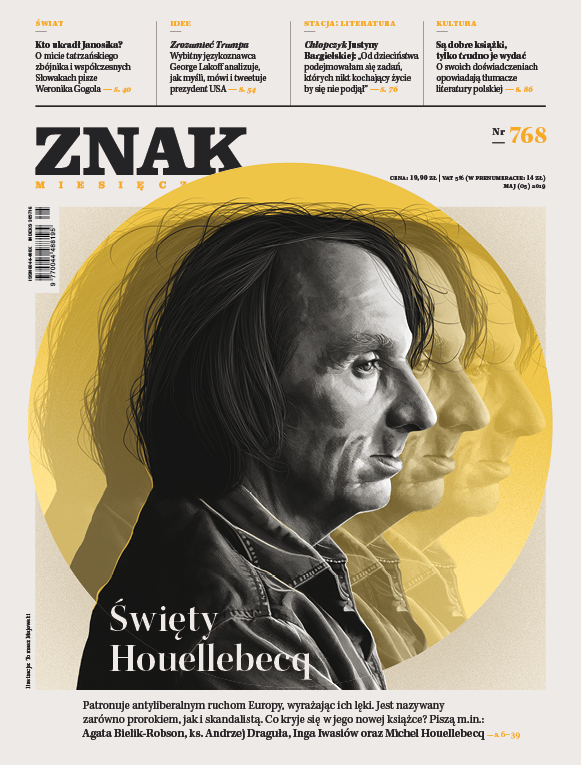
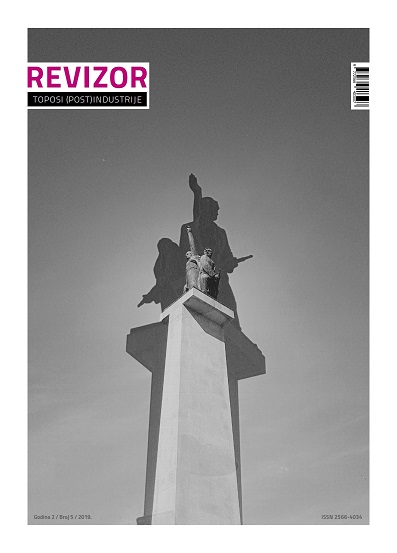
Prije negoli zakoračimo u 2020. godinu, u kojoj će se ime Rijeke, uz irski Galway, vezati uz pojam europske kulturne metropole, krajem 2019. godine svoj će dvadeseti rođendan proslaviti jedna od najaktivnijih organizacija na riječkoj nezavisnoj, ali i u općem smislu kulturnoj sceni. Iako punom parom počinje djelovati preseljenjem u Rijeku 2002. godine, Drugo more je osnovano daleke 1999. godine, u ne tako dalekom Umagu. [...]
More...
Riječka fanzinaška scena imala je svoje uspone i padove, poput fanzinaških scena drugih gradova u Hrvatskoj. Sve je počelo u 1990-ima, kad je fanzin bio jedan od načina komuniciranja i izmjenjivanja radikalnih anarho/punk/DIY supkulturnih ideja. No nisu samo punk-krugovi pisali fanzine. Bilo je tu i kreativnih pojedinaca, običnjaka/običnjakinja, amatera koji su imali potrebu izbaciti energiju iz sebe kroz formu fanzina. Zaneseni određenim koncertom, aktivizmom, promjenom okoline ili promjenama u društvu, ideologijama, ekologijom, itd. [...]
More...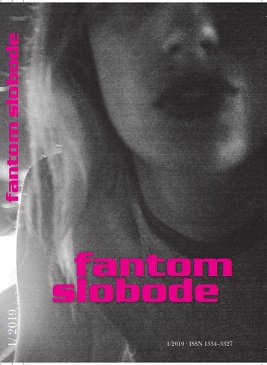
Pisati retrospektivne preglede dosega umjetničke proizvodnje unazad desetak godina definitivno je đavolji posao, u najvećoj mjeri nezahvalan. Možda čak i nepotreban, jer pozvan li si ponuditi svoju interpretaciju pojava i događaja u kojima si i sam sudjelovao, bilo kao proizvođač, bilo kao pratilac, neovisno o tome je li ti sjećanje sasvim svježe ili su se poneka zbivanja s početka desetih već izgubila u propuhu vremena, htio–ne htio predloženi narativ nadogradit ćeš s prijeko potrebnom dozom fi kcije kako bi priča bila uzbudljiva. To je neizbježno. Stoga, imajući na umu sklonost svih pripovjedača prema mistifikaciji izabranog sadržaja, makar minimalnoj, i dakako ubrajajući i sebe sama, mogu samo ustvrditi da bi čitatelji sljedeći pregled (meni) najzanimljivijih suvremeno–umjetničkih i vizualno–kulturnih gibanja u desetljeću na izmaku trebali bez daljnjega uzeti sa zrnom soli. [...]
More...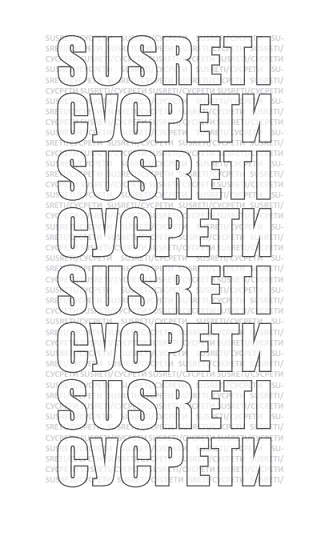
Ово издање које ствара оквир за расправу о Мондријановом атељеу, у први мах делује као наставак једног претходног зборника (Атеље Џексона Полока), ако и једно и друго схватимо као два дела шире анкете о сликарском атељеу. Али између ова два атељеа постоји огромна разлика. Једна се књига држи сликара, онога што њихови атељеи значе за сваког од њих, друга је тривијалнија. [...]
More...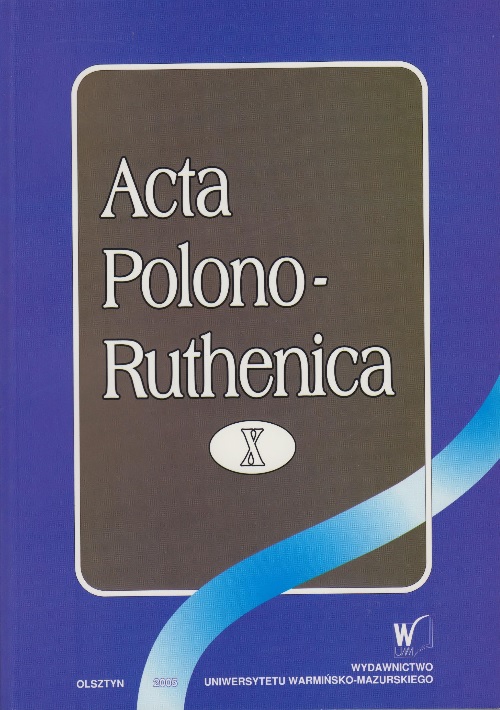
The autor’s research in the above scope prove that the Russian selfidentity has been gradually yet visibly evolving. One of the most vivid shifts of the Russian mindset shows a growing interest in the human being, the individual, his condition and potencial. The research confirms the renewal of the quest for answers to existential questions so needed by the human condition.
More...